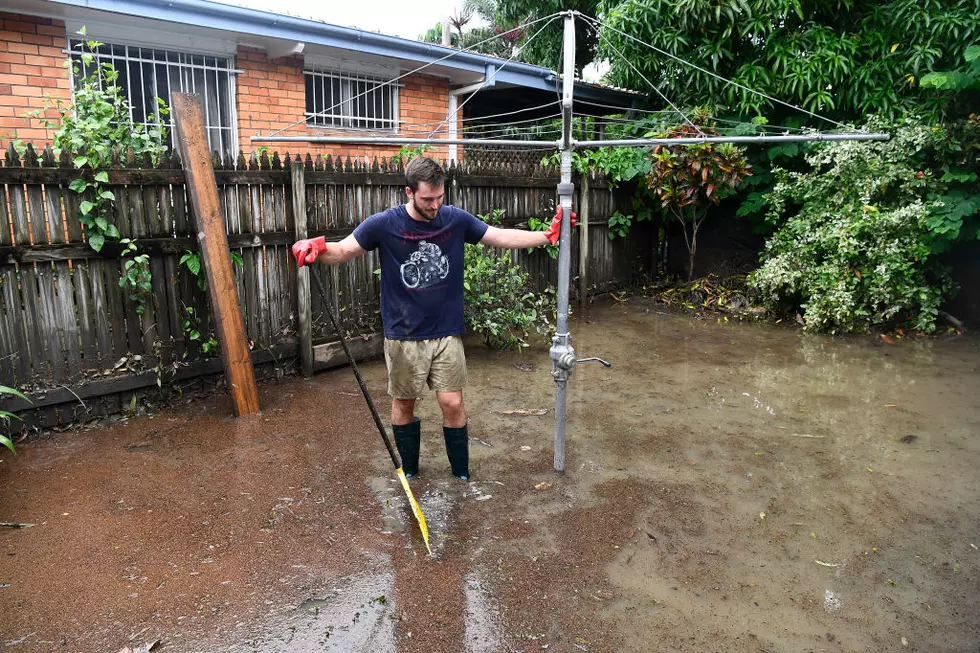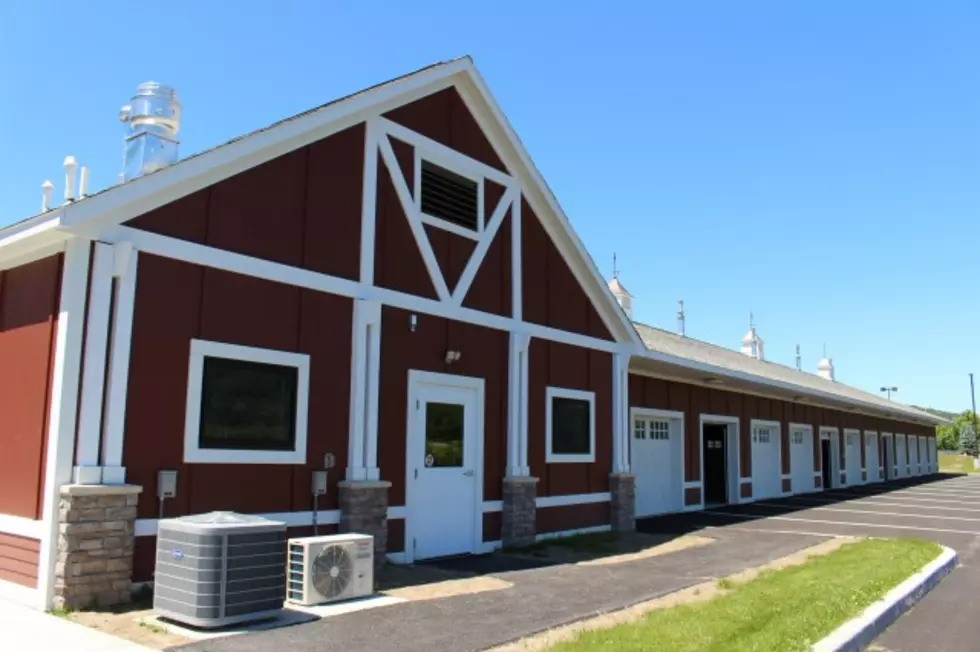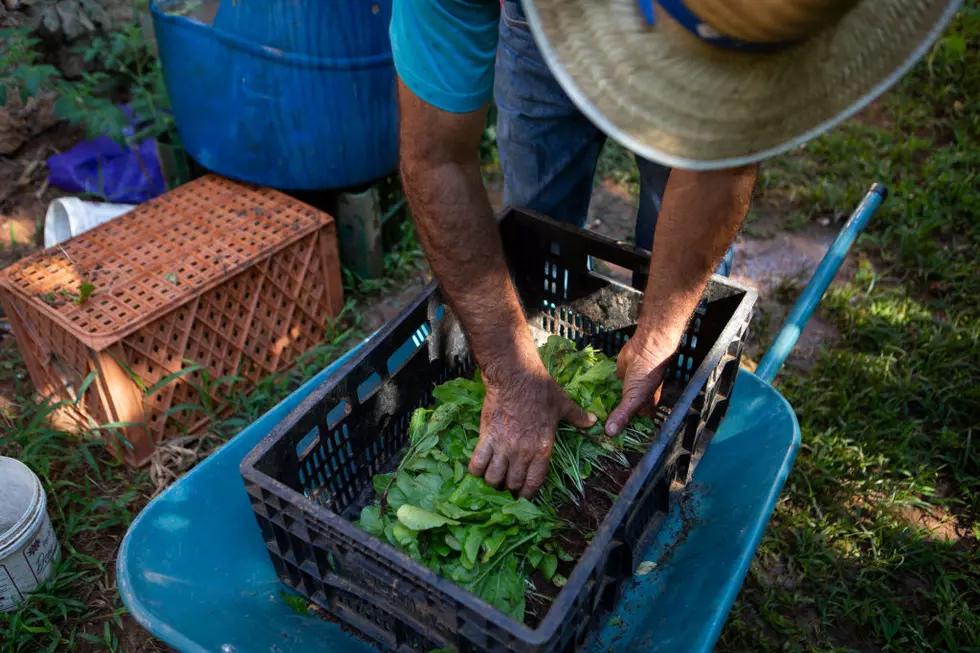
Produce From Flooded Gardens Could Be Unsafe To Eat
If you were able to get a garden going during our extremely wet spring, you were fortunate. However, if the deluge of rain has resulted in all your hard work being flooded, Cornell Cooperative Extension warns you may have to toss the fruits and veggies.
CCE shared an article from the South Dakota Cooperative Extension, "Flooded Gardens." The runoff water flooding your garden is the concern. Did it mix with septic tank overflows or other contaminants? Here are tips on what to do:
- Leafy green vegetables like lettuce and cabbage should be destroyed and can be contaminated for up to 90 days.
- Spinach should be cut back and any regrowth needs to be completely cooked before eating.
- The blossoms or developed produce from fruits should be removed and thrown away. Any future fruit developed for the next 90 days should be cooked before consuming.
- Peas, beans, squash, and tomato plants that have produced prior to the flood should also have their fruit thrown out. For the next 90 days, future products touching the ground should be tossed or thoroughly cooked.
- Underground food like carrots and potatoes should be peeled and cooked completely.
As usual, all produce from the garden should be properly washed before eating or cooking. Here's the article containing more tips on flooded gardens. You can also contact Cornell Cooperative Extension’s Horticulture Hot Line for more info. They are available Wednesdays and Fridays from 9:00 am to 12:00 pm at 315-736-3394.





